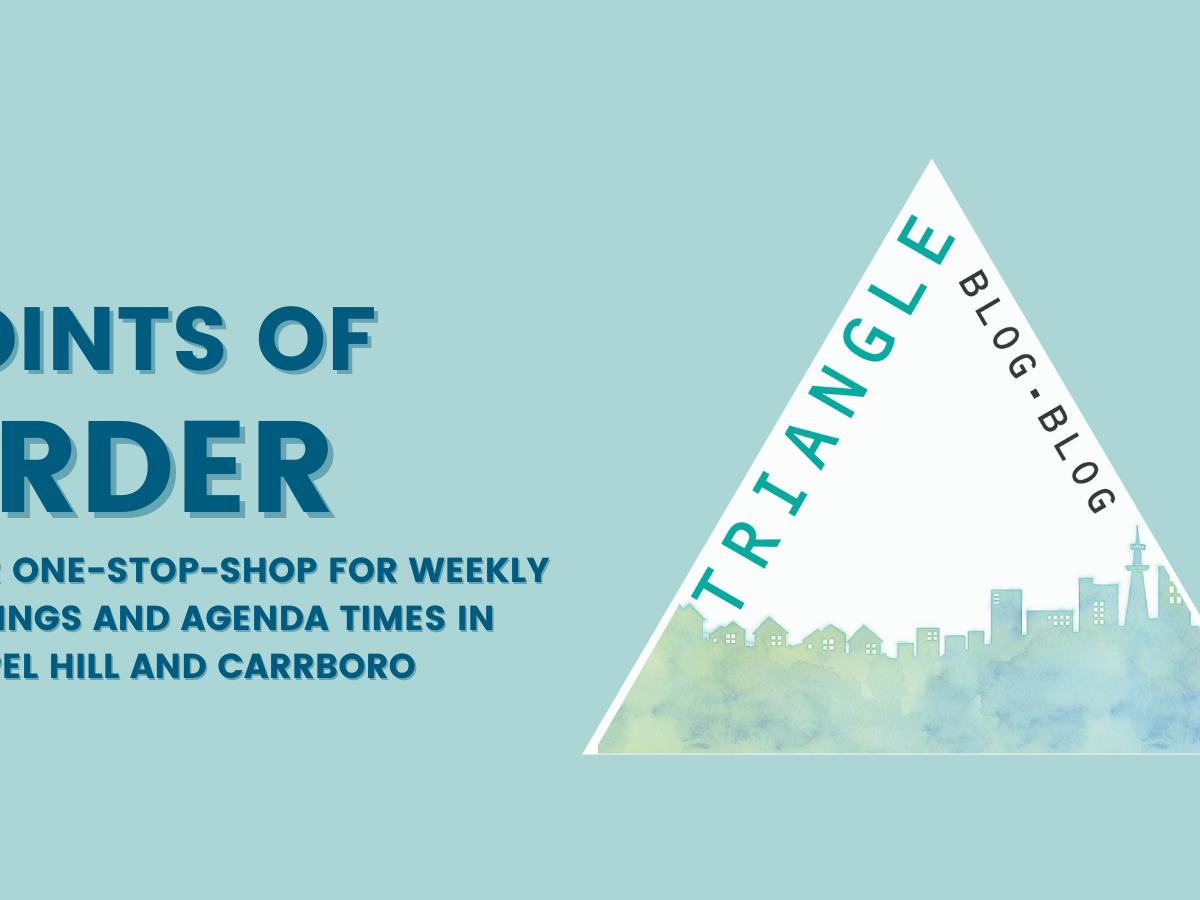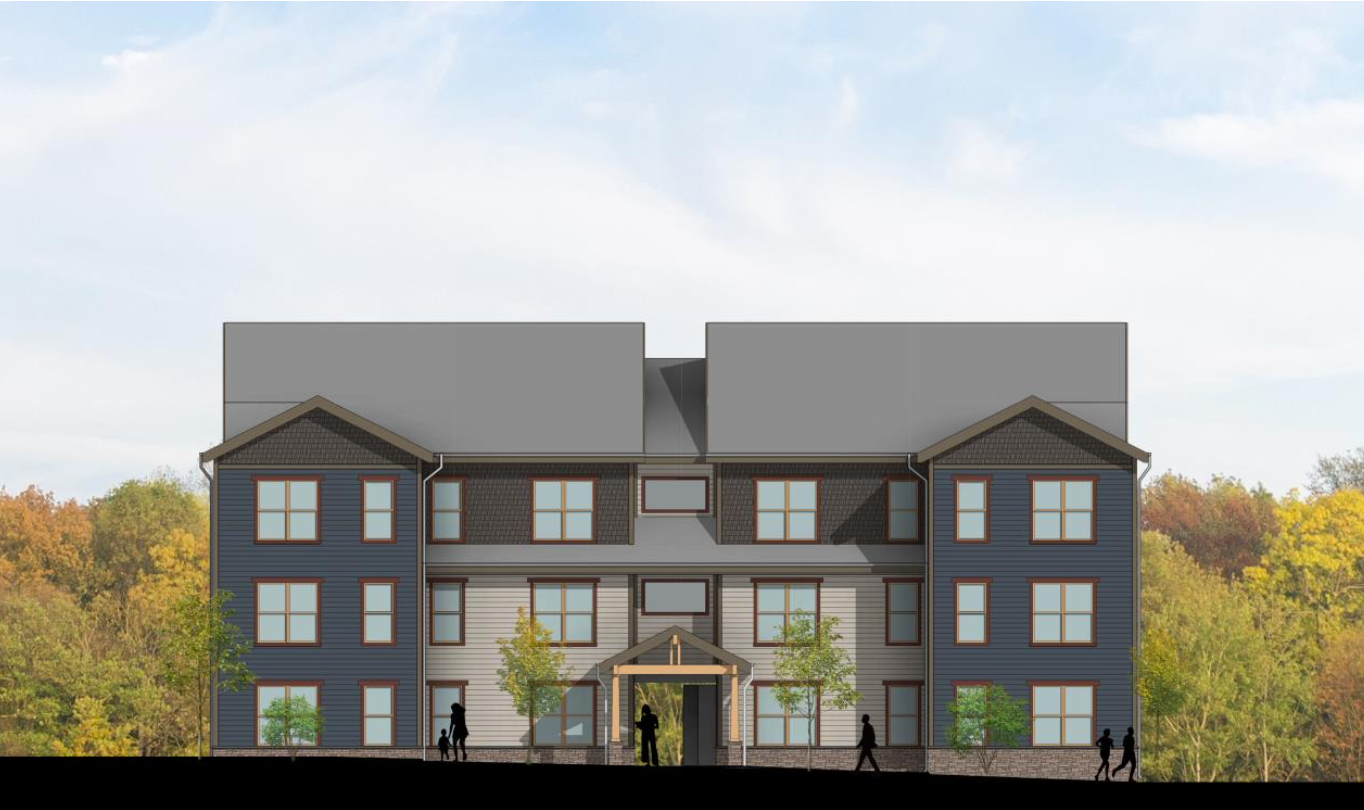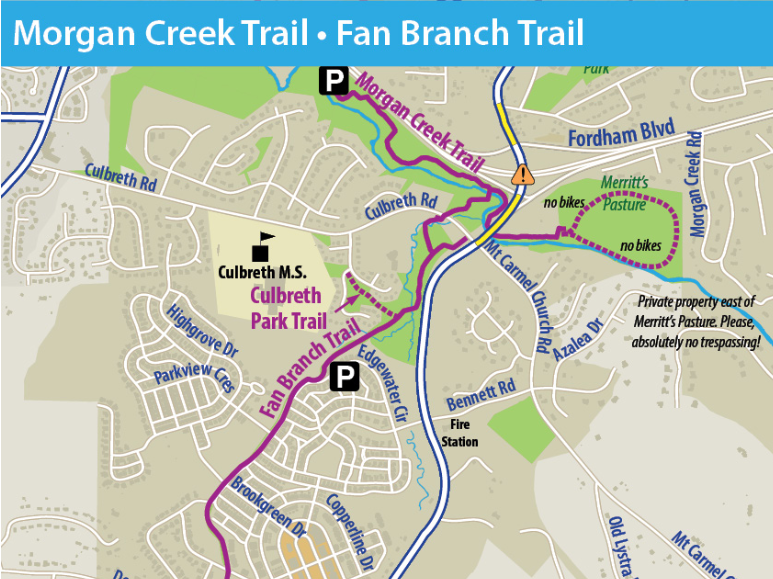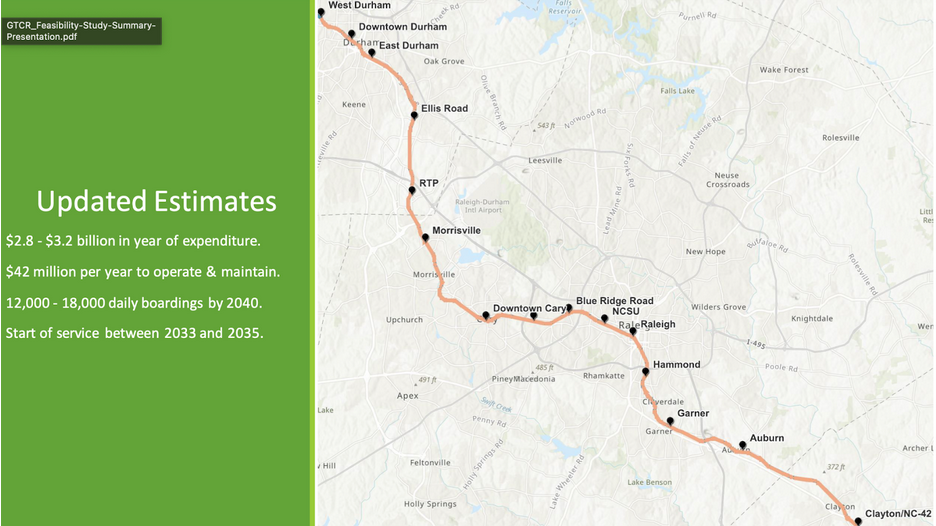They’re back! After a long summer off, Chapel Hill Town Council is back in session, so we’re going to resume our weekly report of local government meetings. In other exciting news, with the end of the governor’s COVID-19 meeting, the governing boards will be meeting in person, though there will still be an option to […]
On that Daily Tar Heel piece about affordable housing in Chapel Hill…
Our friends at The Daily Tar Heel published a curious little piece about Chapel Hill’s housing debate. The article says Town “is working to secure additional housing” (Yay!) but “some community organizations have cautioned that this new path brings its own social costs.” Hmm… The “some community organizations” is apparently one: CHALT. If you are […]
Chapel Hill’s Greenways: What’s next and what could be
This week, Jennifer Keesmaat and her team come back to Chapel Hill for another discussion about complete communities. At the previous meeting in August, she discussed her solution to Chapel Hill’s problems—greenways!—and suggested that she was interested in crowdsourcing where Chapel Hill might expand its greenway network. Of course, this is Chapel Hill, which means […]
A Planning Study to Nowhere: GoTriangle’s commuter rail plans
On Tuesday, GoTriangle, our regional transit agency, gave a presentation to the Durham County Commissioners on its latest feasibility study for commuter rail in the Triangle. The study, which cost $9 million, was intended to build support for building a commuter rail line through the heart of the Research Triangle, beginning in West Durham and […]
Ugly and Unacceptable: An Evening with the Chapel Hill Community Design Commission
If there were a soap opera about Chapel Hill, it would be called As the World Burns and the lead villain would be the Community Design Commission (CDC). Soap opera villains tend to be rich and powerful and will take any steps to protect their oil wealth or media empire. The CDC may not have […]
Chapel Hill’s inclusionary zoning policies don’t work
This is part of our harder truths series. Inclusionary zoning ordinances are among the most controversial approaches in modern urban planning. Briefly, these ordinances intend to expand the supply of affordable housing stock by requiring developers to include it as part of new development or redevelopment projects. (We are defining “Affordable” here using the guidance […]






